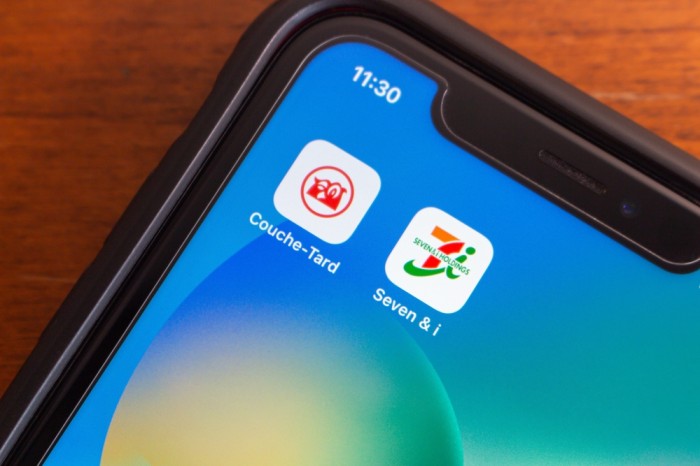In a surprising turn of events, Canadian convenience store giant Alimentation Couche-Tard has announced the withdrawal of its $47 billion takeover bid for Japan's Seven & i Holdings, the operator of the globally
Did You Know
The Eiffel Tower can be 15 cm taller during the summer due to thermal expansion.
?
AD
recognized 7-Eleven brand. After nearly a year of negotiations aimed at creating a formidable player in the convenience store sector, Couche-Tard cited a lack of constructive engagement from Seven & i as the driving force behind its decision to walk away. This abrupt pullout marks an end to what could have been one of the largest foreign acquisitions in Japan’s corporate history.
Seven & i expressed disappointment over the failed negotiations but indicated that they were not surprised by Couche-Tard's withdrawal, suggesting underlying tensions had been apparent long before the announcement. The situation highlights the complexities of cross-border acquisitions, particularly when differing cultural approaches to business negotiation come into play. Couche-Tard's pursuit showcased their ambitious strategy to expand their global footprint; however, the inability to establish collaborative dialogue proved detrimental.
As industry analysts digest the implications of this abrupt withdrawal, it is clear that Couche-Tard will need to recalibrate its growth strategy. Speculation suggests that the company may focus on smaller acquisitions, potentially signaling a shift in approach as it adapts to the competitive landscape of convenience retailing. This episode serves as a vivid reminder of the intricate web of challenges companies face when navigating global markets and the vital importance of fostering relationships built on mutual trust and engagement.
Q&A (Auto-generated by AI)
What led to Couche-Tard's initial bid?
Couche-Tard's initial bid for Seven & i Holdings was driven by its desire to expand its global footprint in the convenience store sector. The company aimed to acquire the operator of 7-Eleven, which would have significantly increased its market share and presence in Asia. This bid was part of a broader strategy to create a global convenience store giant, reflecting Couche-Tard's ambitions to diversify its operations beyond North America.
How does this bid compare to past acquisitions?
This bid was notable as it represented a potential $47 billion acquisition, which would have been the largest foreign buyout of a Japanese company to date. Previous significant acquisitions in Japan have included SoftBank's purchase of Sprint and the acquisition of Nissan by Renault. Couche-Tard's bid underscored a growing trend of foreign interest in Japanese firms, although many past attempts have faced hurdles due to cultural and regulatory challenges.
What is Seven & i Holdings' market position?
Seven & i Holdings is a leading retail company in Japan, known primarily for its 7-Eleven convenience stores. It operates thousands of locations domestically and internationally, making it a dominant player in the convenience store market. The company has a strong brand presence and is recognized for its innovative retail strategies, including a focus on fresh food offerings, which contribute to its competitive edge against other convenience store chains.
What are the implications for Couche-Tard's growth?
The withdrawal from the bid could hinder Couche-Tard's growth ambitions, as acquiring Seven & i would have allowed for significant expansion in the Asian market. Without this acquisition, Couche-Tard may need to explore smaller, regional deals to enhance its portfolio. This situation emphasizes the challenges faced by companies seeking to penetrate new markets and the importance of effective negotiation strategies in international business.
How do cultural differences affect negotiations?
Cultural differences play a crucial role in international negotiations, as they influence communication styles, decision-making processes, and expectations. In this case, Couche-Tard cited a 'lack of constructive engagement' from Seven & i, which may reflect differing approaches to negotiation. Japanese business culture often emphasizes consensus and long-term relationships, while Western firms may prioritize quicker, more direct negotiations. Understanding these nuances is essential for successful cross-border deals.


















